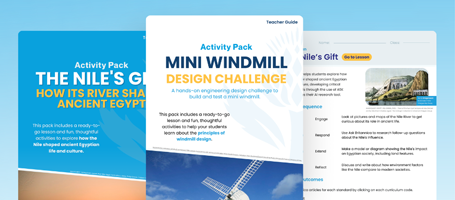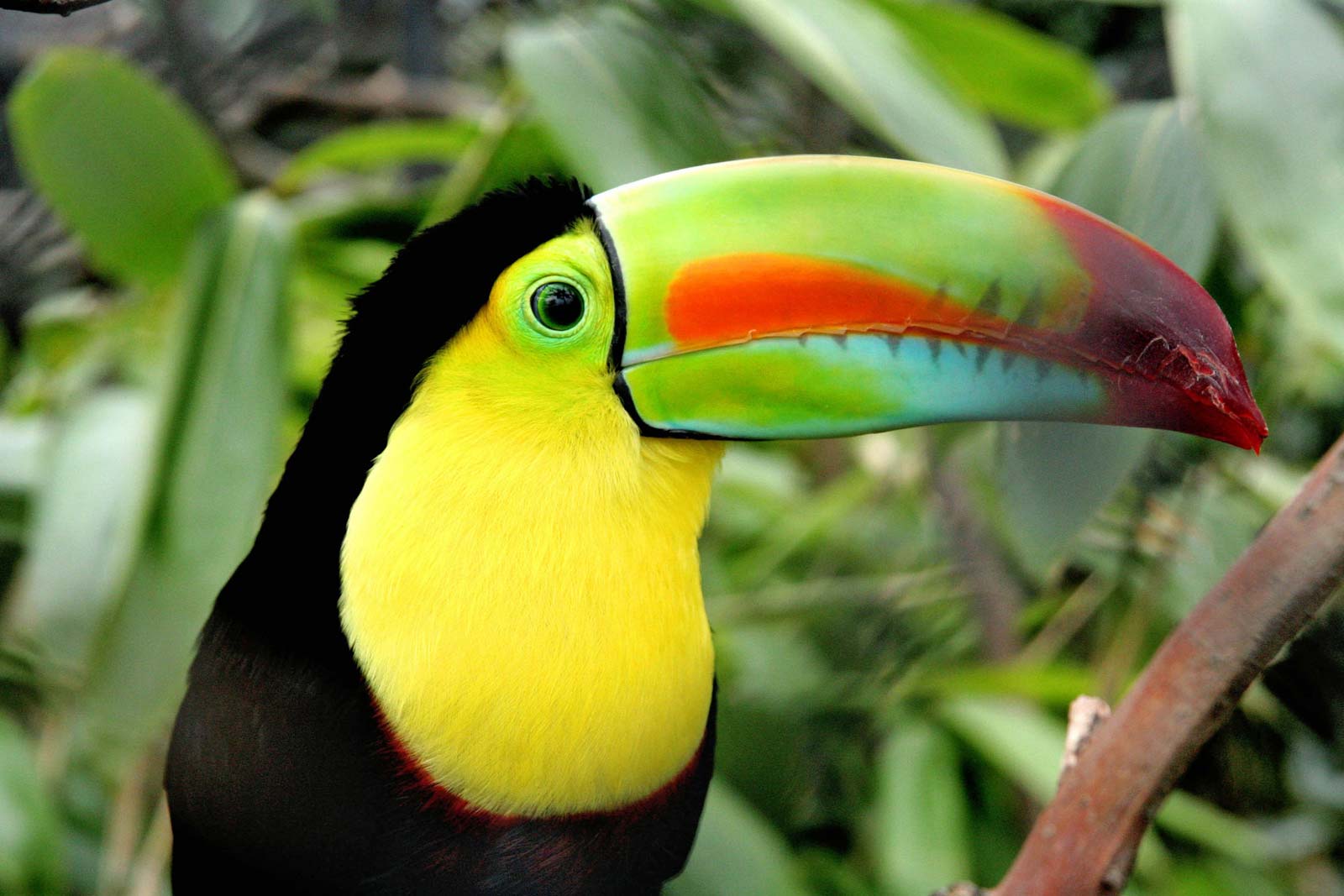The variety of animal and plant life in any environment is known as biodiversity.
The term can apply to a small portion of a particular rainforest, the entire Earth itself or any habitat in between. Biodiversity is of interest to anyone concerned with the welfare of our planet.
Biodiversity is important to us for a number of reasons. Not only is the world enriched with many different species of plants, animals, fungi and even bacteria, we also benefit from living in a healthy and biologically diverse environment.
Primary/Elementary School
Use this Britannica School (Australia) Primary Level Resource Pack ↗ to help children explore the plant and animal kingdoms.
Teacher Tip:
Schools subscribed to the UK, US, New Zealand or Asia version of Britannica School can also access this resource pack at:
Britannica School (UK) Foundation level resource pack↗
Britannica School (US) Elementary level resource pack↗
Britannica School (New Zealand) Primary level resource pack ↗
Britannica School (Asia) Elementary level resource pack ↗
Britannica School (Asia version in China) Elementary level resource pack ↗
Activity
-
- Examine the images from the resource pack. Use the “Classification, Biological” diagram to classify the living things depicted in the images into each kingdom. Record your classifications on the Living Things Classification worksheet.
- Explore some plants in your school or home grounds. Draw and label some different plants showing the roots, stem, trunk, leaves, flowers, fruit and seeds. Complete the Plant Diagram worksheet.
- Examine and research the Australian Platypus and complete the Animal Investigation chart.
Middle School
Use this Britannica School (Australia) Middle Level Resource Pack ↗ to investigate food chains, food webs and how living things interact in an ecosystem. It contains articles and multimedia.
Teacher Tip:
Schools subscribed to the UK, US, New Zealand or Asia version of Britannica School can also access this resource pack at:
Britannica School (UK) Intermediate level resource pack↗
Britannica School (US) Middle level resource pack↗
Britannica School (New Zealand) Middle level resource pack ↗
Britannica School (Asia) Middle level resource pack ↗
Britannica School (Asia version in China) Middle level resource pack ↗
Activity
-
- Observe the images of different living organisms in the resource pack. Brainstorm what living things need to survive.
- Explore the concept of an ecosystem. Students select one ecosystem and construct a food chain to connect the organisms in feeding relationships. Students will need to identify producers, secondary and tertiary consumers within the ecosystem.
- Ask students “what would happen if we dramatically changed the conditions of the organisms’ ecosystem? Would the organism survive? Why or why not?” e.g. warmer water, the introduction of a feral species, introduction of a pesticide. Use the Food Chain Disturbance Tool (included in the resource pack) to hypothesise a disturbance to the food chain created in step 2. Complete the Food Chain Disturbance worksheet.
Featured Image from Britannica School: Toucan in the Colombian rainforest of northern South America. © Jessica Blanc/Fotolia
These activities and resources have been created using content from Britannica School, the go-to site for safe, comprehensive student research. Contact your librarian to find out if your institution already has access. Find out more about Britannica School or set up your own free trial.
More Educator Resources
Sign up with your email for more free resources from Britannica.

